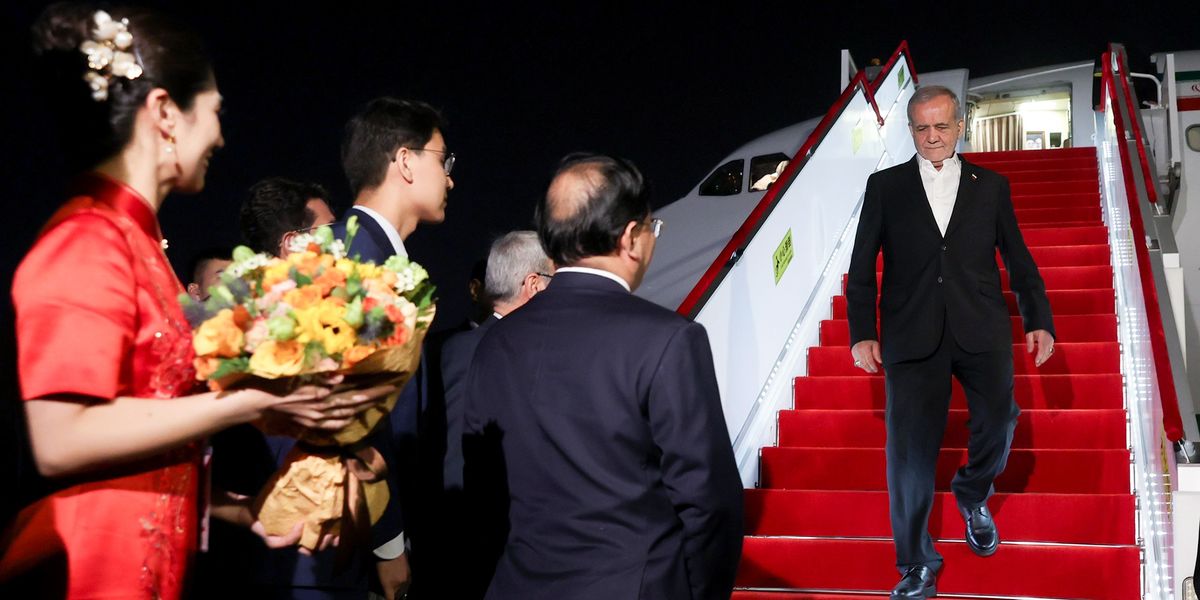Major Shanghai summit of US ‘adversaries’ sends clear message

The summit of the Shanghai Cooperation Organization (SCO), a grouping of Asian and Eurasian states, opened on Sunday in the Chinese city of Tianjin. China is aiming to maximize the payoffs from the spectacle of the SCO’s largest-ever gathering.
More than 20 world leaders including those from North Korea, India, Iran, central Asian states, Turkey, and China’s close partner Russia are being hosted by President Xi Jinping. The Secretary-Generals of the United Nations and ASEAN are both taking part. Indonesian President Prabowo Subianto had planned to attend but cancelled at the last minute due to anti-government protests raging outside his capital today.
The SCO’s roots are as a security grouping, but is increasingly taking on economic and connectivity agendas. During this summit, China is pushing for an SCO development bank and new financing arrangements on extraction of critical minerals. But bilateral meetings will also be important to watch, especially ones between China and India, China and Russia, and Russia and Iran.
The summit comes during a time when the United States is building tariff walls with most of the world and is increasingly perceived as an unreliable partner by many trading powers. Beijing has tried to take advantage of the turbulence by presenting itself as a stabilizer and a hub for trade and technology in Asia and the Global South.
U.S. policy volatility and uncertainty contrasts with a broader stability and economic dynamism in key parts of Asia. Though much of the region has made major compromises with Washington on the tariffs question, summits like the one at Tianjin enable participating states to further push diversification and multi-alignment.
This is especially true during this summit for India and Indonesia. India, with its relations with the United States facing the greatest crisis in more than a quarter century, is looking to stabilize its difficult China relationship and further deepen its already strong ties to Russia. Indonesia too continues to play all sides. Having struck a trade deal with the United States after a difficult period of negotiations, it has also been deepening its relations with both China and Russia.
The increased recourse to hedging and multi-alignment across the international system can only accelerate the decline of unipolarity in the longer-run. In order to remain relevant, the United States needs to find ways to present itself as a stable and reliable partner. This cannot be achieved through trying to bring back primacy, especially through deepening militarization.
A better way may be finding common interests and their joint pursuit with key middle powers in Asia and elsewhere.
From Your Site Articles
Related Articles Around the Web
Source link

